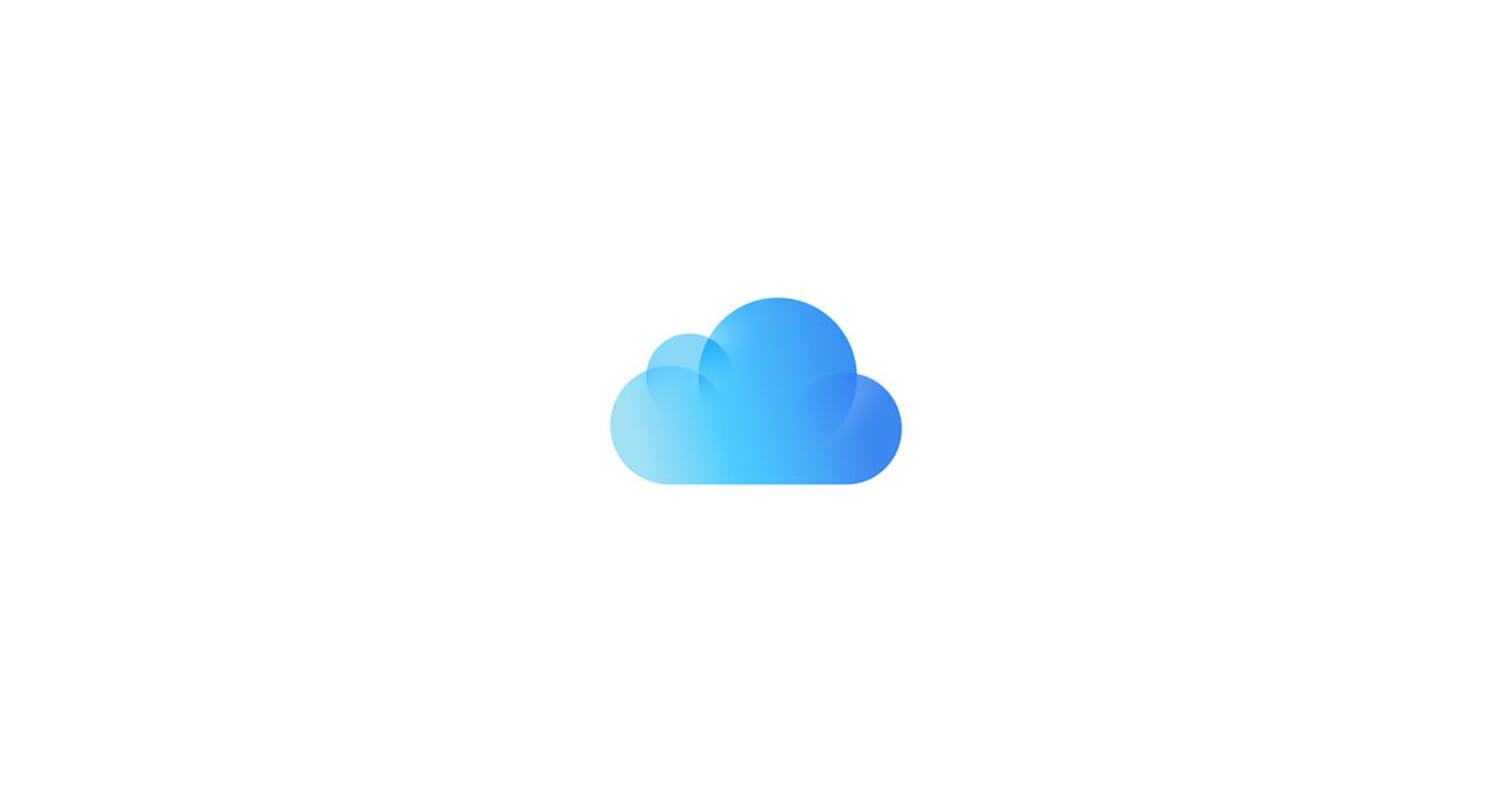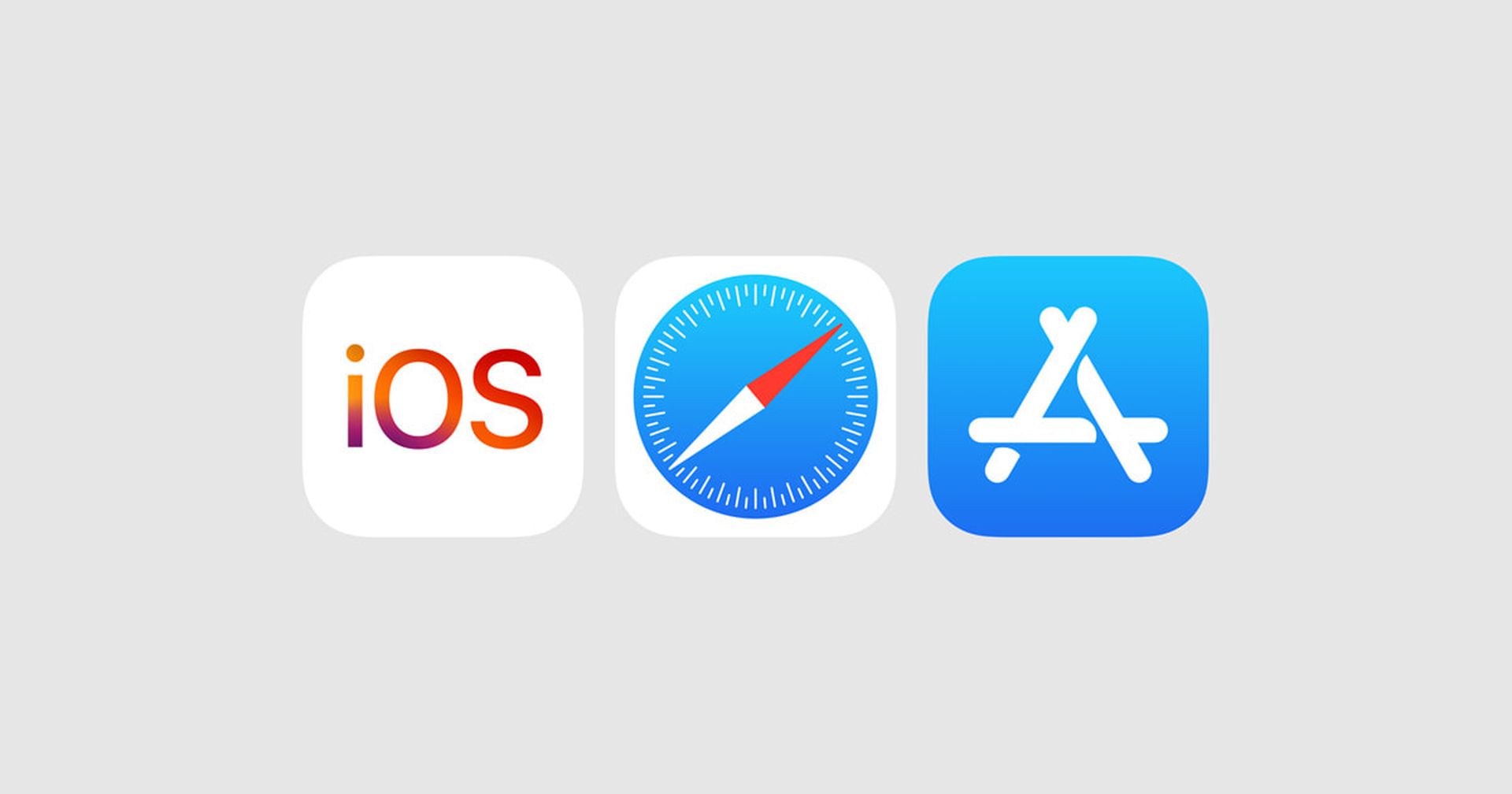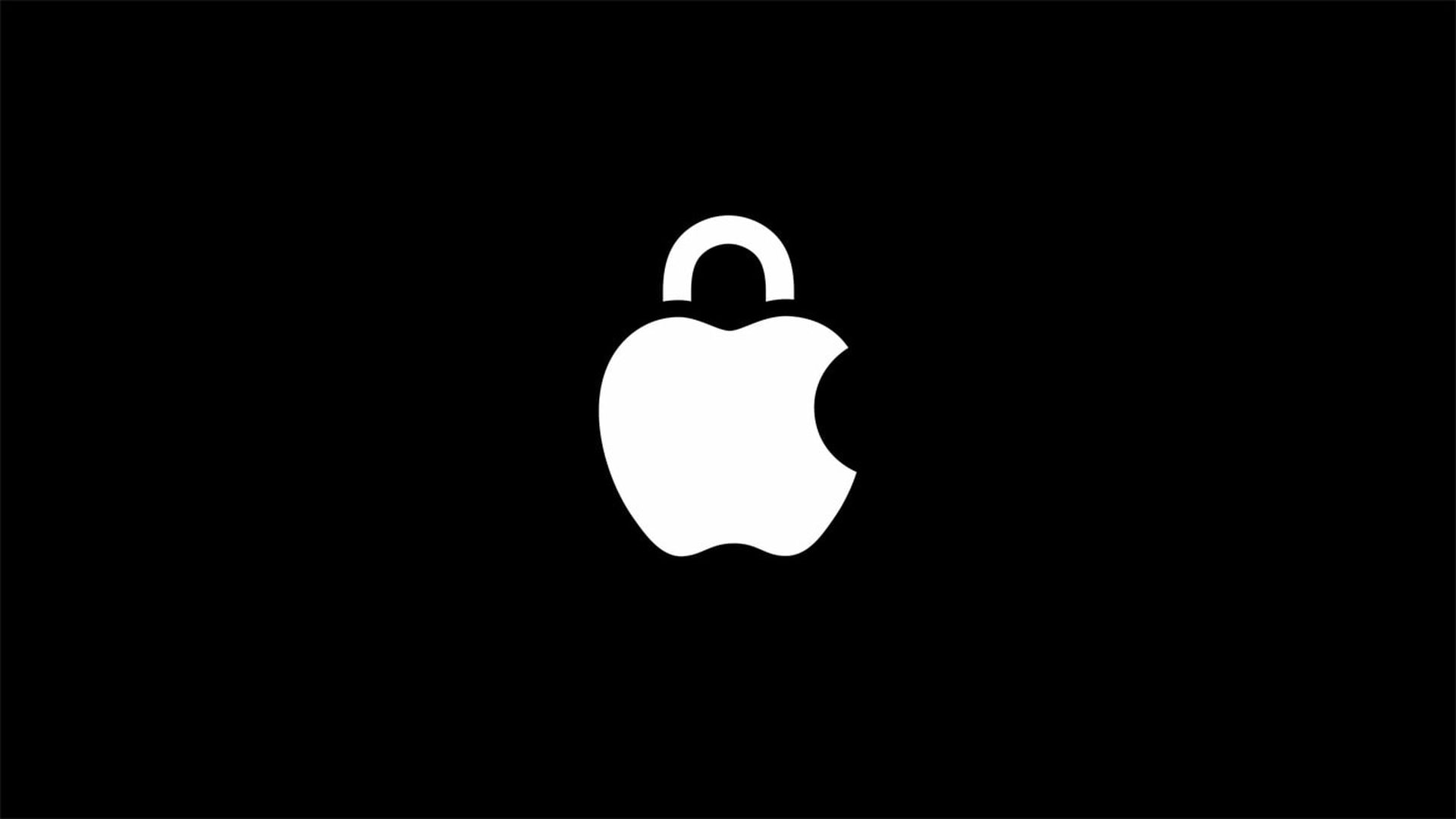Apple, the technology giant renowned for its sleek devices and innovative software, is facing serious legal scrutiny. A class action Apple iCloud lawsuit has been filed against the company, alleging that it holds an illegal monopoly over cloud storage services via its popular iCloud platform.
This case highlights the ongoing debate surrounding antitrust issues in the tech industry and raises questions about the extent of Apple’s dominance in the cloud storage sector.
Key allegations in the Apple iCloud lawsuit
The Apple iCloud lawsuit centers on accusations that Apple “unlawfully ties” iPhones and iPads to its iCloud platform by needlessly restricting certain file storage to iCloud alone.
The lawsuit makes these specific claims:
- Forced reliance on iCloud: Apple purposely limits the ability of rival cloud services to store crucial data like application settings and device settings. This forces users to rely on iCloud if they ever need to restore or transfer those settings between devices
- Artificial market dominance: This practice, the plaintiffs argue, gives iCloud an unfair competitive edge, resulting in a 70% market share
- Inflated iCloud prices: The complaint asserts that lack of competition allows Apple to charge excessive prices for iCloud storage, turning it into a highly profitable product with inflated profit margins
See the new iCloud storage plans and prices here.

What if?
If this Apple iCloud lawsuit becomes a class action, it could have far-reaching implications for millions of iCloud customers across the United States, with a particular focus on those in California. The core of the Apple iCloud lawsuit case is the allegation that consumers have been overcharged for iCloud services due to anti-competitive practices.
A successful Apple iCloud lawsuit could result in major changes for Apple and its consumers.
Specifically, Apple might be compelled to modify how iCloud interacts with competing cloud storage services. This would open up the market and give users the power to choose the cloud solution that best suits their individual needs and budget. Additionally, consumers who believe they overpaid for iCloud could receive financial compensation as a result of the lawsuit.

What is Apple doing with iCloud?
Apple does several key things with iCloud to benefit its users and maintain its position in the tech industry:
- Data storage and backup: iCloud is primarily a secure cloud storage platform. It allows you to store:
- Photos and videos (through iCloud Photos)
- Files and documents (through iCloud Drive)
- Device backups for iPhones, iPads, and Macs
- App data, settings, passwords, and other important information
- Synchronization and accessibility: iCloud keeps your data seamlessly synchronized across all your Apple devices. A photo you take on your iPhone can instantly appear on your iPad or MacBook. Changes to a document on one device are reflected in all others
- Sharing and collaboration: iCloud enables easy sharing of photos, files, and folders with other people. You can even collaborate on documents in real-time using Apple’s productivity apps (Pages, Numbers, Keynote)

Laws are after major tech nowadays
The Apple iCloud lawsuit fits into a larger trend of increased focus on the business practices of major tech companies.
Antitrust concerns are on the rise, bringing heightened legal scrutiny to even the most powerful industry players like Apple. This case specifically highlights the importance of cloud storage as more and more users depend on these services to store their important photos, files, and data.
While Apple iCloud competes with strong players like Google, Microsoft, and Dropbox, the lawsuit contends that Apple’s current practices create an unfair playing field, hindering healthy competition within the market.
The outcome of the Apple iCloud lawsuit is far from certain. Legal battles of this type can be prolonged. However, this case raises important questions about Apple’s practices and the potential for abuse of market power in the tech sector.
Featured image credit: Eutah Mizushima/Unsplash.





